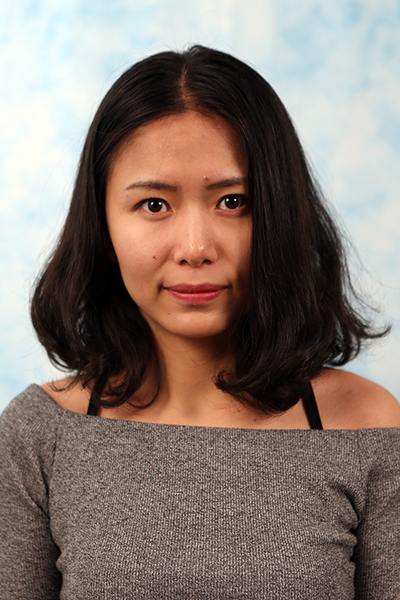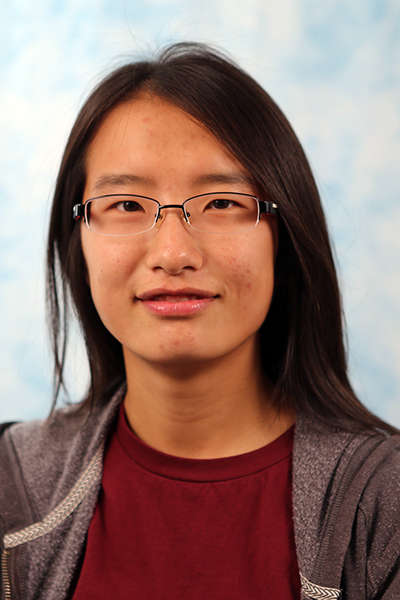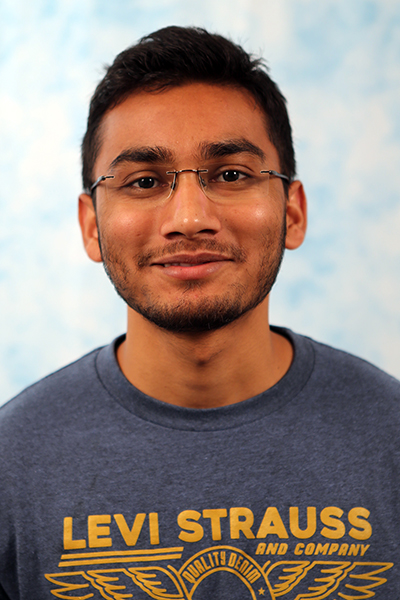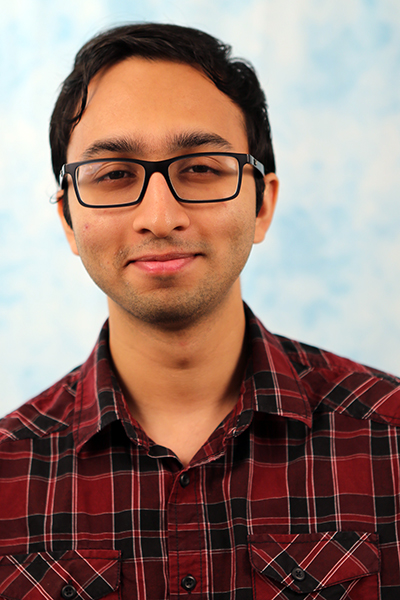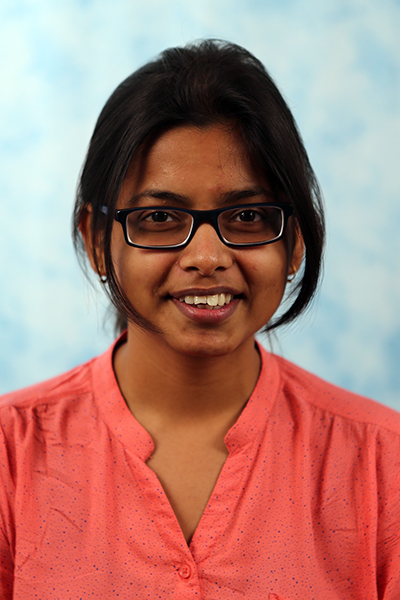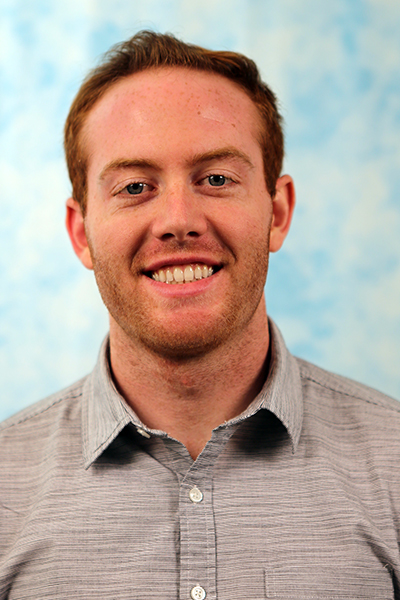Student Talks
Carnegie Mellon University
Yubo Zhang – MSR Thesis Talk
Title: A structured model for action detection Abstract: A dominant paradigm for learning-based approaches in computer vision is training generic models, such as ResNet for image recognition, or I3D for video understanding, on large datasets and allowing them to discover the optimal representation for the problem at hand. While this is an obviously attractive approach, [...]
Carnegie Mellon University
Nilesh Kulkarni – MSR Thesis Talk
Title: Canonical Surface Mapping via Geometric Cycle Consistency Abstract: We explore the task of Canonical Surface Mapping (CSM). Specifically, given an image, we learn to map pixels on the object to their corresponding locations on an abstract 3D model of the category. But how do we learn such a mapping? A supervised approach would [...]
Yufei (Judy) Ye – MSR Thesis Talk
Title: Leveraging Structure for Generalization and Prediction in Visual System. Abstract: Our surrounding world is highly structured. Humans have a great capacity of understanding and leveraging those structures to generalize to novel scenarios and to predict the future. The thesis studies how computer vision systems benefit from the similar process -- leveraging inherent structures in [...]
Carnegie Mellon University
Dhiraj Gandhi – MSR Thesis Talk
Title: Self-Supervised Robot Learning Abstract: Supervised learning has been used in robotics to solve various tasks like navigation, fine manipulation, etc. While it has shown a promising result, in most cases the supervision comes from the human agent. However, relying on human is a huge bottleneck to scale up these approaches. In this thesis, [...]
Carnegie Mellon University
MSR Thesis Talk – Chia Dai
Title: Few-Shot Learning for Semantic Segmentation Abstract: Most learning architectures for segmentation task require a significant amount of data and annotations, especially in the task of segmentation, where each pixel is assigned to a class. Few-shot segmentation aims to replace large amount of training data with only a few densely annotated samples. In this talk, [...]
Carnegie Mellon University
Subhodeep Mitra – MSR Thesis Talk
Title: A fast algorithm for consecutive ones with applications in item labeling Abstract: We develop and analyze a general problem in a crowd-sourced setting: users pick a label from a set of candidates for a set of items; the problem is to determine the most likely label for each item, as well as a ranking [...]
Carnegie Mellon University
Spatiotemporal Understanding of People Using Scenes, Objects, and Poses
Abstract: Humans are arguably one of the most important entities that AI systems would need to understand to be useful and ubiquitous. From autonomous cars observing pedestrians to assistive robots helping the elderly, a large part of this understanding is focused on recognizing human actions, and potentially, their intentions. Humans themselves are quite good at [...]
Carnegie Mellon University
Aashi Manglik – MSR Thesis Talk
Title: Real-Time Collision Forecasting from Monocular Video Abstract: We explore the possibility of using a single monocular camera to forecast the time to collision between a suitcase-shaped robot being pushed by its user and other nearby pedestrians. We develop a purely image-based deep learning approach that directly estimates the time to collision without the need [...]
Carnegie Mellon University
Deep Non-Rigid Structure from Motion
Abstract: Non-Rigid Structure from Motion (NRSfM) refers to the problem of reconstructing cameras and the 3D point cloud of a non-rigid object from a sequence of images with 2D correspondences. Current NRSfM algorithms are mainly limited within two perspectives: (i) the number of images, and (ii) the type of shape variability they can handle. These [...]
Carnegie Mellon University
Kevin Christensen – MSR Thesis Talk
*LOCATION CHANGE TO NEWELL SIMON HALL ROOM 1305* Title: Computer Vision for Live Map Updates Abstract: Real-time traffic monitoring has had widespread success via crowd-sourced GPS data. While drivers benefit from this low-level, low-latency map information, any high-level traffic data such as road closures and accidents currently have very high latency since such systems rely solely [...]
